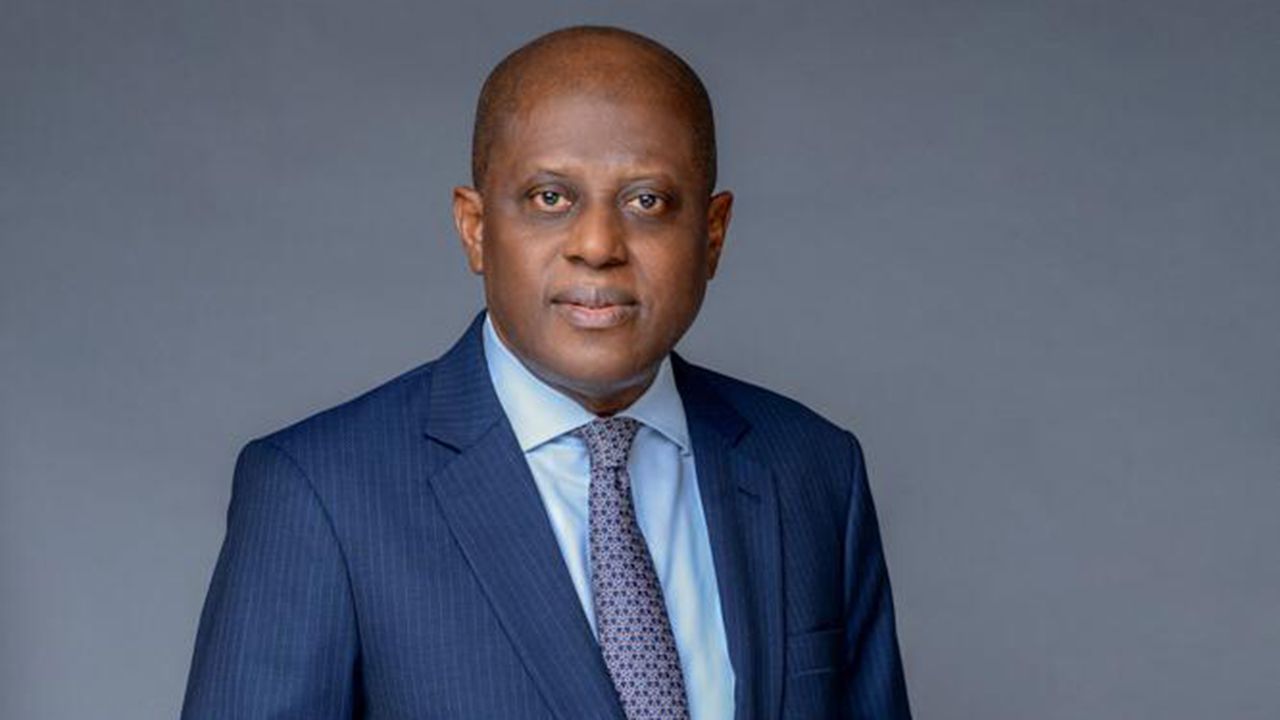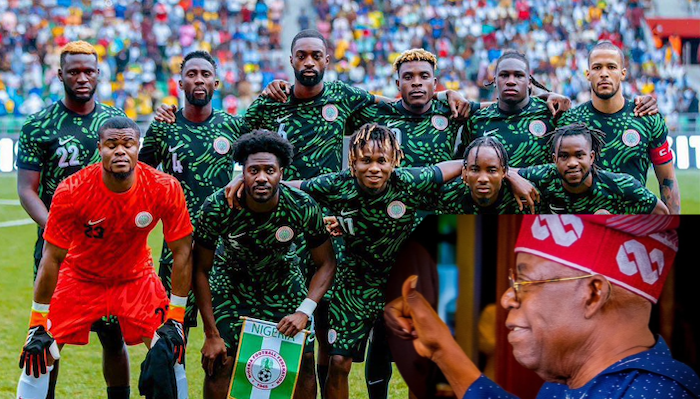
The Governor of the Central Bank of Nigeria (CBN), Olayemi Cardoso, has disclosed that Nigeria is developing a new framework to promote the use of national currencies in bilateral trade settlements, a move designed to reduce reliance on the U.S. dollar and strengthen the naira’s role in regional and global trade.
Cardoso made the announcement during a press briefing at the IMF/World Bank Annual Meetings in Washington, D.C., explaining that the new framework builds on lessons from Nigeria’s earlier experiments with local currency trade arrangements that yielded limited success.
“We have had an experiment with that, switching to national currencies in bilateral trade and to be frank, it did not work out very well for us,” Cardoso admitted. “That is not to say we are not interested. We are, and we are at an elementary stage of putting up a framework, now that our currency is more competitive, to ensure it’s a win-win for everybody.”
He said the new initiative would adopt a more cautious and structured approach, ensuring that future bilateral currency agreements deliver mutual benefits and strengthen financial stability while reducing foreign exchange exposure in cross-border transactions.
Learning from Past Experience
Bilateral currency trade arrangements or local currency settlement agreements allow countries to conduct trade directly in their own currencies rather than using the dollar or other reserve currencies.
Nigeria’s first major effort in this direction came in 2018, when the CBN and the People’s Bank of China signed a ₦720 billion (RMB 15 billion) currency swap agreement. The deal was meant to ease pressure on Nigeria’s dollar reserves and facilitate trade with China.
However, the initiative struggled to gain traction due to low awareness among traders, logistical hurdles, and exchange rate uncertainty. Many businesses continued to rely on the U.S. dollar, while banks found it difficult to maintain adequate yuan liquidity.
CBN officials later acknowledged that the pilot phase “did not work as efficiently as expected,” though it provided important lessons for future arrangements.
Renewed Nigeria–China Swap Deal
In December 2024, Nigeria and China renewed their currency swap agreement, this time valued at about ₦3.28 trillion (15 billion yuan or $2.09 billion). The agreement, valid for three years and renewable by mutual consent, aims to boost financial collaboration, simplify trade settlements, and reduce dependence on the dollar for transactions between both nations.
Cardoso’s latest comments suggest that the CBN is now exploring similar mechanisms with other trade partners, leveraging the naira’s improved competitiveness following recent foreign exchange and monetary policy reforms.
Nigeria Records Trade Surplus Amid Stronger Naira
The CBN governor also highlighted the positive impact of Nigeria’s recent economic reforms, noting that the country had achieved a positive trade balance for the first time in years.
“We now have a more competitive currency, and for once, we have a situation where we have a positive balance of trade a trade surplus expected to be around six per cent of GDP and to remain at that for some time,” Cardoso said.
He attributed the development to what he described as a “complete restructuring” of the Nigerian economy, which has built resilience, improved investor confidence, and enhanced the nation’s ability to withstand external shocks, particularly in the oil sector.
G24: Giving Developing Nations a Stronger Global Voice
Cardoso, who currently serves as First Vice-Chair of the Intergovernmental Group of Twenty-Four (G24), said developing and emerging economies are now more effectively represented in global financial discussions involving the IMF and World Bank.
“It has been very useful. Under the leadership of Argentina, which currently chairs the G24, we have advanced the cause of emerging economies and secured a more effective seat at the table,” he said.
The G24, established in 1971, provides a platform for developing countries to coordinate positions on international monetary and development issues. Cardoso noted that the group’s recent communiqués reflect the core concerns of member nations, including domestic revenue mobilisation, inflation control, debt management, and inclusive growth.
“There was an exchange of ideas that helps Bretton Woods leaders better understand what the issues and pain points are. They learn from us, and we learn from them,” he added.
Macroeconomic Discipline Key to Sustained Growth
Emphasising the importance of sound macroeconomic policies, Cardoso said countries that adopted early and decisive reforms are now recording notable progress in growth and disinflation.
“One of the issues that can help many of our countries out of difficult situations is sound macroeconomic policy. There is a clear correlation between those who have adopted such policies and the progress they are recording,” he stated.
He reiterated that Nigeria’s relative economic stability reflects the impact of early policy actions taken by the CBN and the government, which have restored confidence in the local currency and improved external balances.
Outlook
With the new bilateral trade framework under development, analysts expect the CBN’s next steps to focus on ensuring liquidity, transparency, and settlement efficiency in cross-border naira transactions.
If successful, the plan could reduce Nigeria’s dollar exposure, deepen regional trade integration, and position the naira as a viable trade currency within Africa and beyond.



